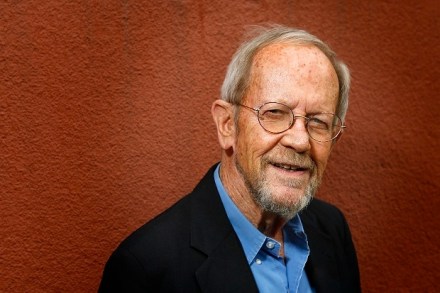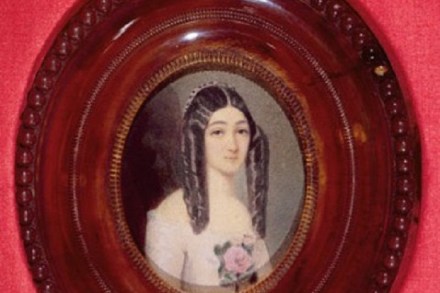The Rainborowes, by Adrian Tinniswood – review
Adrian Tinniswood, so gifted and spirited a communicator of serious history to a wide readership, here brings a number of themes from his previous books together. The Verneys recounted the individual experiences of 17th-century members of a leading Buckinghamshire family. The Rainborowes, set in the same period, applies the same technique to a less substantial family of Londoners. As in his study of the great fire of London in 1666, By Permission of Heaven, Tinniswood takes us into the daily life of the capital, though here his emphasis is on the suburban world of commercial enterprise and religious dissent from which the Rainborowes emerged. Tinniswood’s previous book, Pirates of Barbary,













